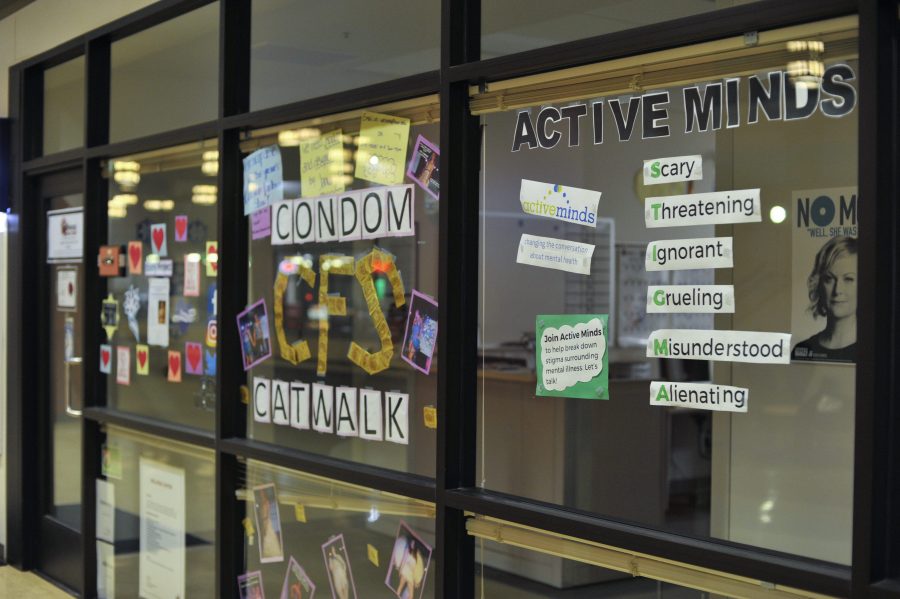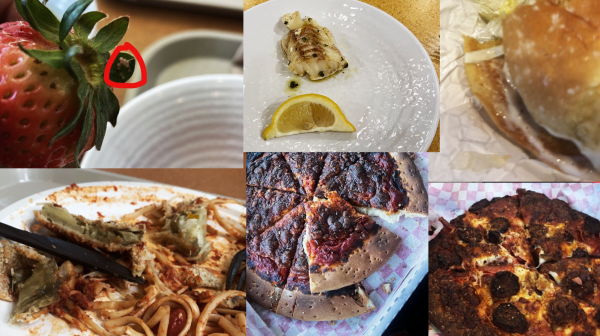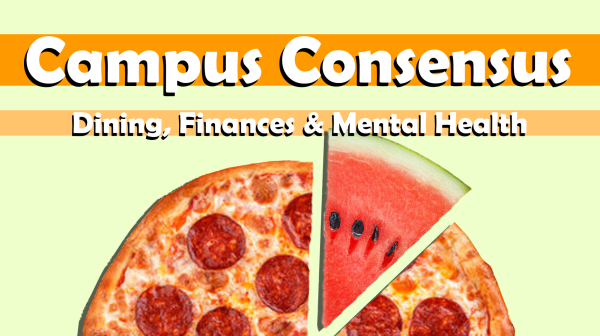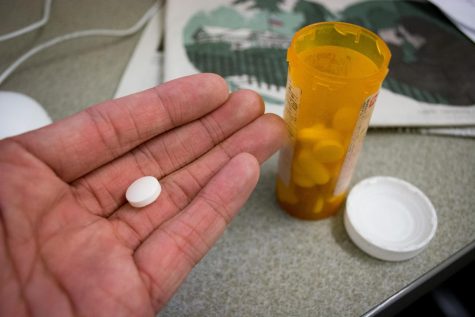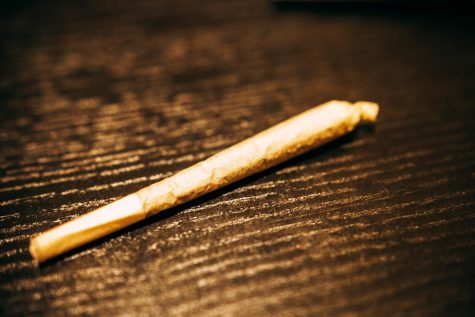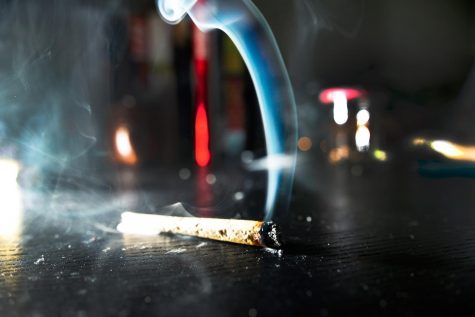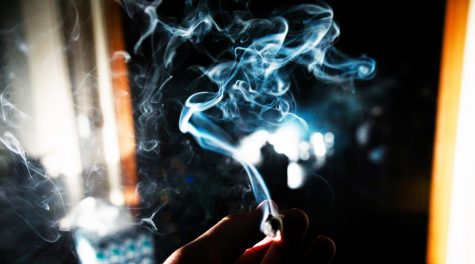Wellness Center on pot
Marijuana Mondays begin in February
The Wellness Center is located on the ground floor of the SURC and host numerous student health events throughout the year.
The CWU Wellness Center is using Marijuana Awareness Month to help educate students on cannabis. Every Monday in SURC 140 at 7 p.m. during February, the Wellness Center will host a discussion about a different subject pertaining to marijuana to help deter myths about the plant.
A former intern brought the idea up last year to Doug Fulp, M.Ed., Health Educator at the Wellness Center. Fulp liked the idea and decided to move forward with it.
“People kinda know what they’re talking about, but not really,” Fulp said.
Fulp, with the help of interns, put together a four-part speaker series with a 30-minute Q&A portion for the audience following the session.. Kelly Cronic, a public health major, is hosting each talk and will be speaking.
Cronic is interested in drug policy and wants to bring an open approach to the subject of marijuana now that it’s legal in Washington. She wants to dispel the stigma that people in public health don’t like people talking about or using marijuana.
“I think that’s the general public health audit, that education is most important,” Cronic said.
The talks are divided into subjects: marijuana and the mind, policy and procedure, potency and risk and a mock dispensary where underage students can come in and learn about different items sold at dispensaries.
Marijuana and the mind will focus on how marijuana affects the body when you’re under the influence, Fulp said. Different people have different reactions and this talk will explore the reasoning behind that.
The next subject will be on policy, procedure and the law. According to federal law and the DEA, marijuana is a Schedule I drug meaning it has “no currently accepted medical use and a high potential for abuse.”
This topic will answer questions about what happens when a student has weed at a residence versus on campus-and everything in between- Fulp said.
CWU is a federally funded institution, so marijuana is illegal on campus because of its classification, but legal on the state level.
The potency and risk portion will focus on higher potency products, such as concentrates and edibles. Dabs and weed brownies are labeled high risk due to the possibility of youth ingestions and driving directly after using products with strong effects Fulp said.
The mock dispensary is open to every student. The hope is to help underage kids navigate the space Cronic said. The “dispensary” will be filled with fake edibles like gummy bears and cookies, each with a note card explaining the health effects.
“We really want students to have an understanding of factual information without any bias. We have no skin in the game,” Fulp said.


